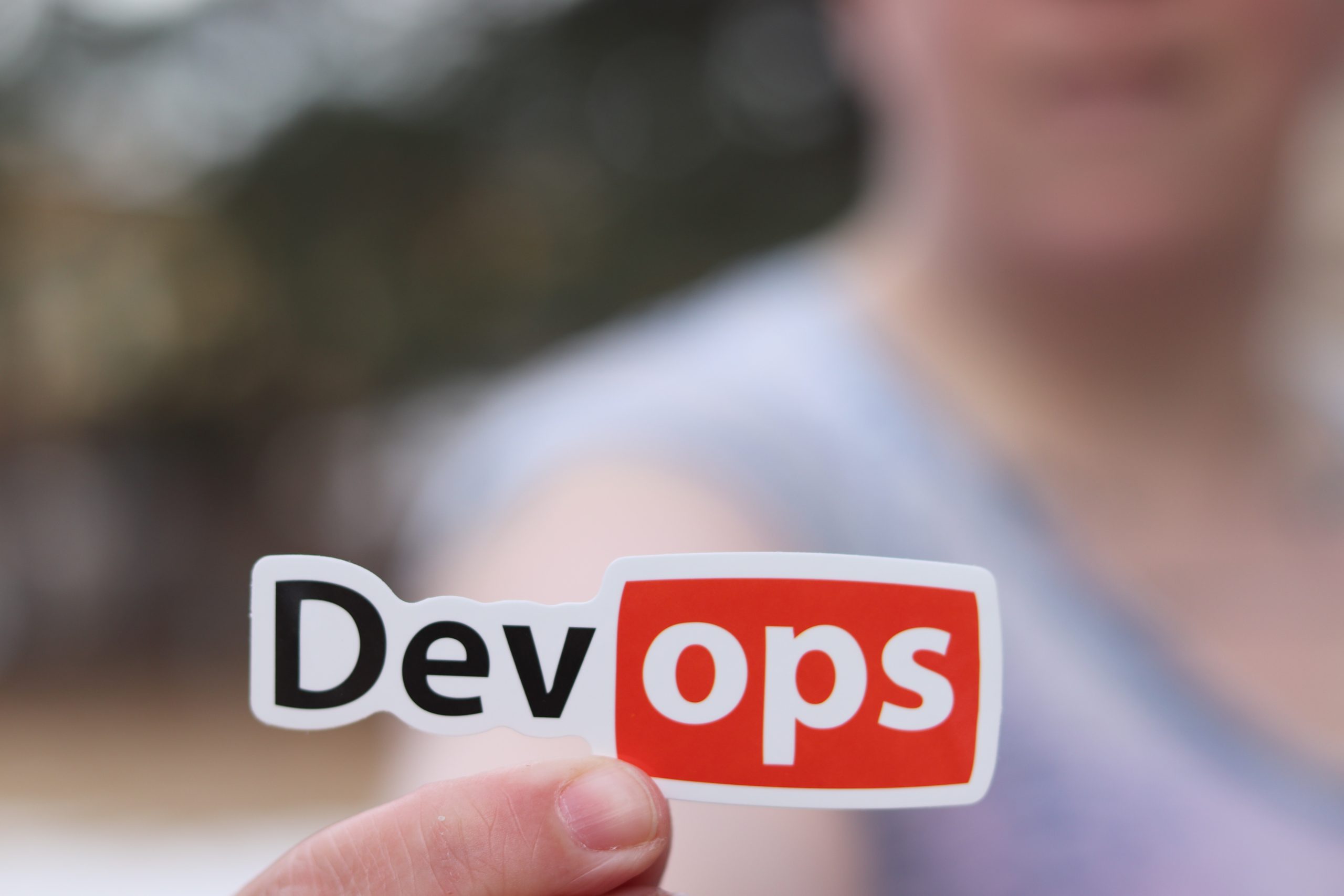In the age of cloud computing, development teams have had to adapt their processes and procedures to keep up with changing technologies. DevOps is a new approach that blends software development and IT operations to create an effective delivery process. DevOps is revolutionizing the way teams design, develop, test, and deploy applications in cloud environments. It is not only helping organizations move faster with fewer resources, but also provides a platform for continuous improvement.

What is DevOps?
DevOps is a new approach to software development that has revolutionized the way businesses create and manage their applications. DevOps combines the power of infrastructure automation, collaboration, and communication to enable developers to deliver applications quickly and reliably. By leveraging cutting-edge technologies such as cloud computing, containers, automation tools, and version control systems, DevOps helps organizations build high-quality software faster than ever before.
The term “DevOps” was first introduced in 2009 by Patrick Debois as a way of bridging the gap between software development teams (the ‘devs’) and operations teams (the ‘ops’). The goal of DevOps is to bridge this divide by bringing together development processes with IT operations practices so that businesses can achieve maximum efficiency when it comes to building, testing, and releasing applications.
What is Cloud Development?
Cloud development is the process of creating applications and services that exist and operate in the cloud. It is a form of software engineering that leverages cloud computing technologies to produce solutions on demand. Cloud development involves utilizing tools, programming languages, frameworks, and more to build applications on virtual machines deployed by a cloud provider.
The primary benefit of cloud development is scalability: instead of having to scale hardware infrastructure as requirements grow, you can simply rely on the flexibility offered by different providers such as Amazon Web Services (AWS) or Microsoft Azure to quickly adjust resources and manage your application’s performance. This makes it possible for developers to keep up with their user base without having to invest in expensive hardware upgrades or dealing with manual configuration changes. Additionally, cloud-based services are often more cost-effective than traditional ones since they don’t require expensive server hardware or complex maintenance procedures.
In recent years, cloud providers have been offering a variety of tools and services to support DevOps processes. One such example is Azure Databricks, a managed platform for big data and machine learning workflows. Azure Databricks cluster pricing is an essential factor to consider, as it offers a pay-as-you-go model, allowing teams to scale resources according to their needs without having to worry about upfront costs or long-term commitments. This flexibility not only helps organizations save on infrastructure expenses but also allows them to experiment with different configurations, ensuring optimal performance and cost efficiency. By utilizing Azure Databricks within a DevOps workflow, teams can take advantage of its high-performance analytics capabilities, simplified management, and seamless integration with other Azure services to deliver data-driven applications at scale, further improving the overall cloud development experience.

DevOps and Cloud Development
DevOps and cloud development are two of the most widely utilized methods in developing software applications. By leveraging the power of DevOps and cloud computing, organizations can improve efficiency, while also reducing costs associated with development. With its ability to rapidly scale up or down as needed, DevOps enables businesses to quickly update existing applications or create new ones for their customers.
Cloud development brings with it several advantages including increased agility and scalability, allowing teams to develop faster and more cost-effectively than other traditional methods. Additionally, both DevOps and cloud development provide a platform for collaboration between different teams such as developers, operations staff, security personnel, and product owners. The combination of these technologies allows companies to focus on delivering high-quality services at speed – without sacrificing security or stability.
DevOps is a model that creates efficient, streamlined development processes for cloud applications. Organizations can gain access to quality services and products faster and more cost-effectively through DevOps. Additionally, DevOps has the potential to increase collaboration across teams, improve customer satisfaction and reduce operational costs. The best part of it all is that DevOps practices are not out of reach for any organization; regardless of size or industry, organizations can start integrating DevOps best practices into their current processes.

